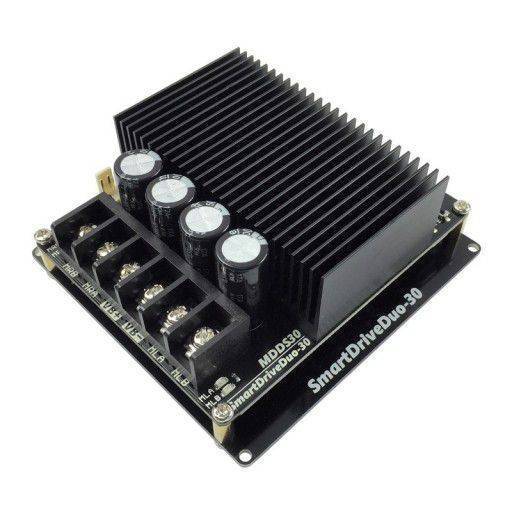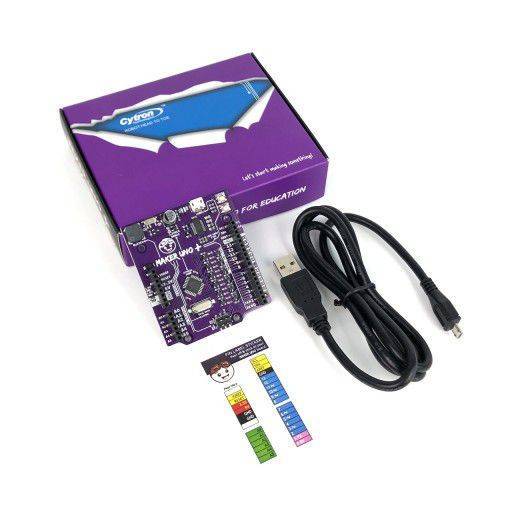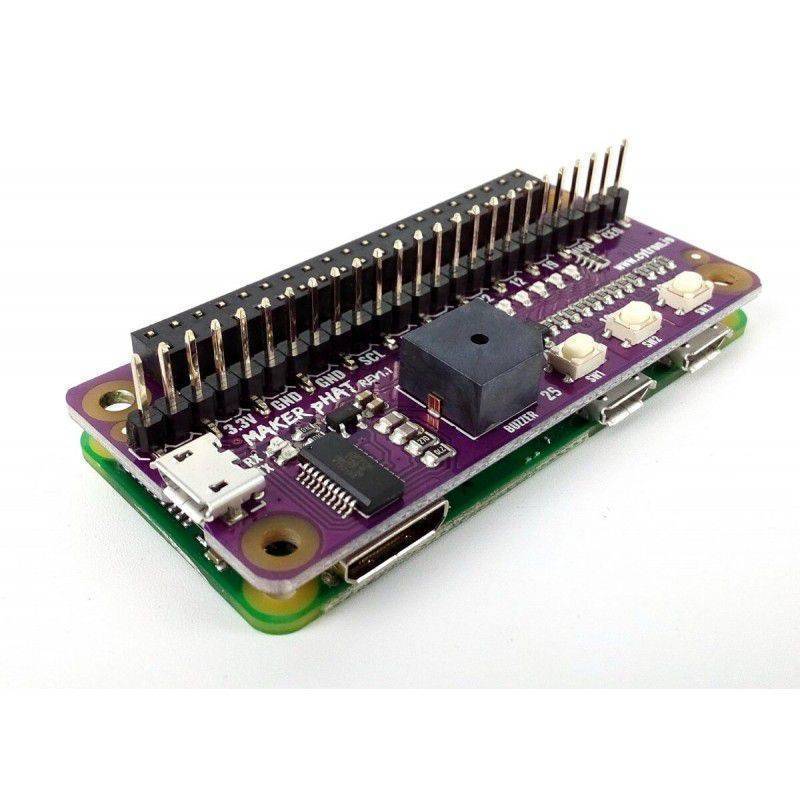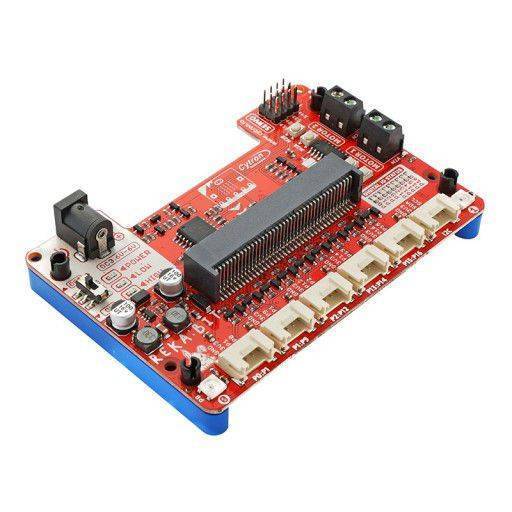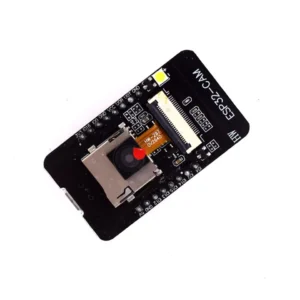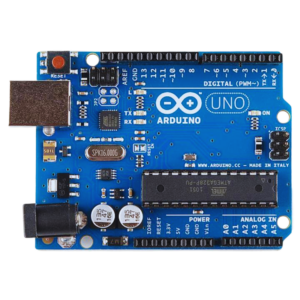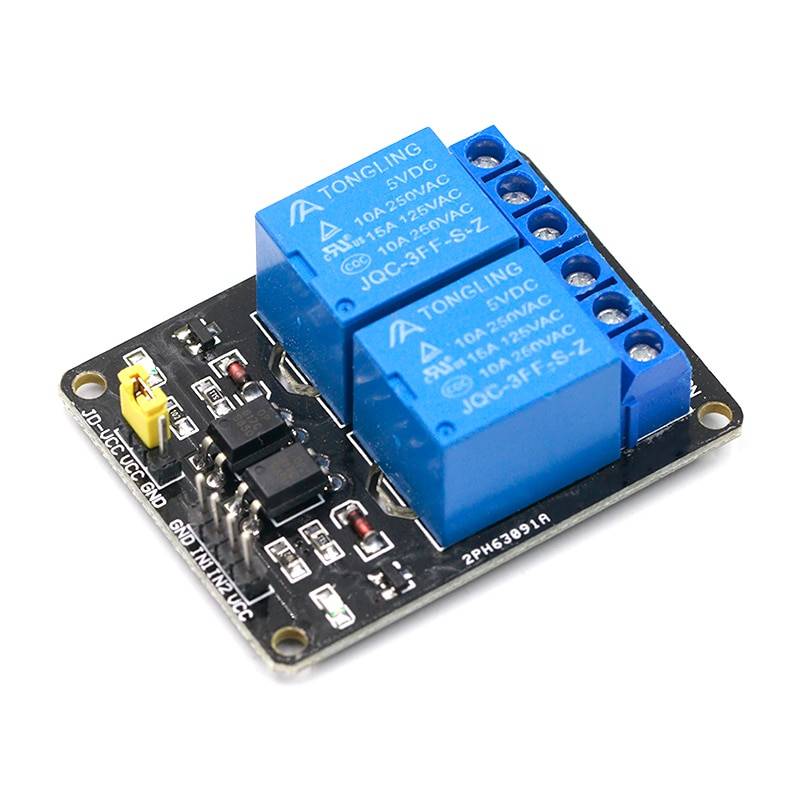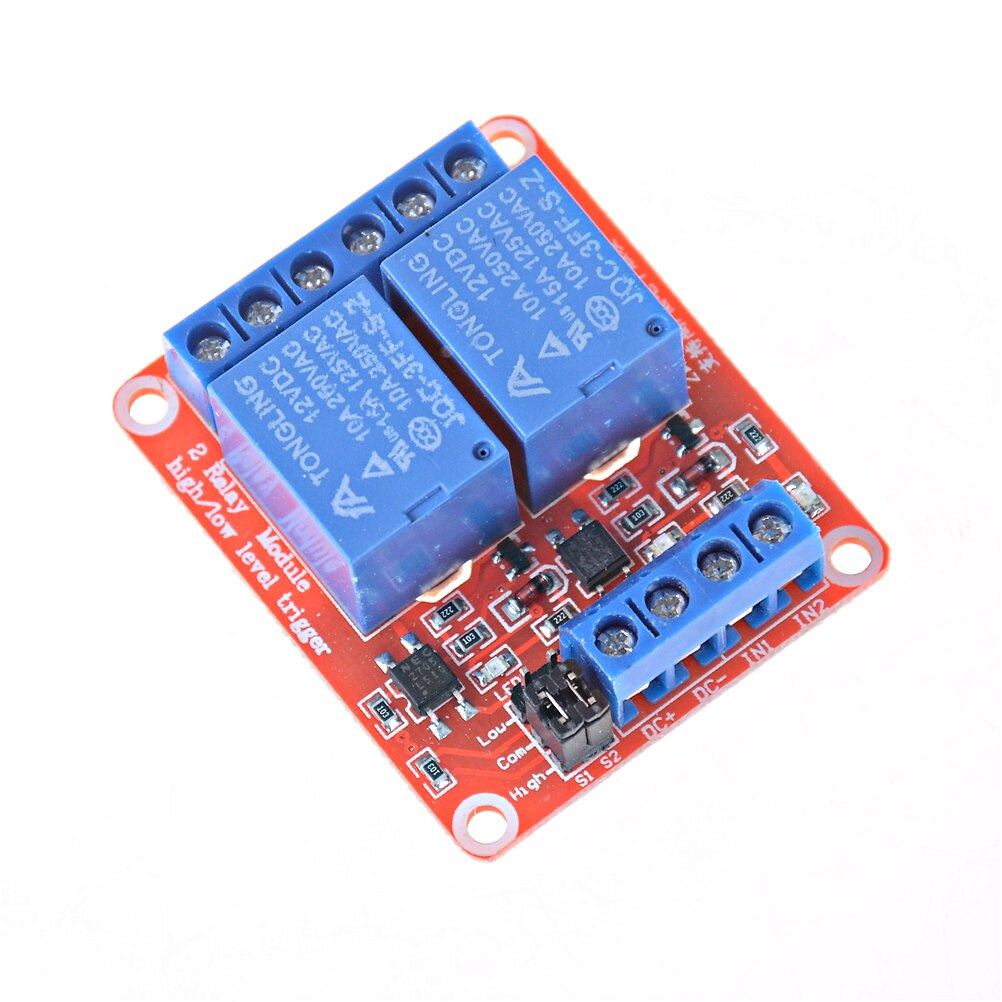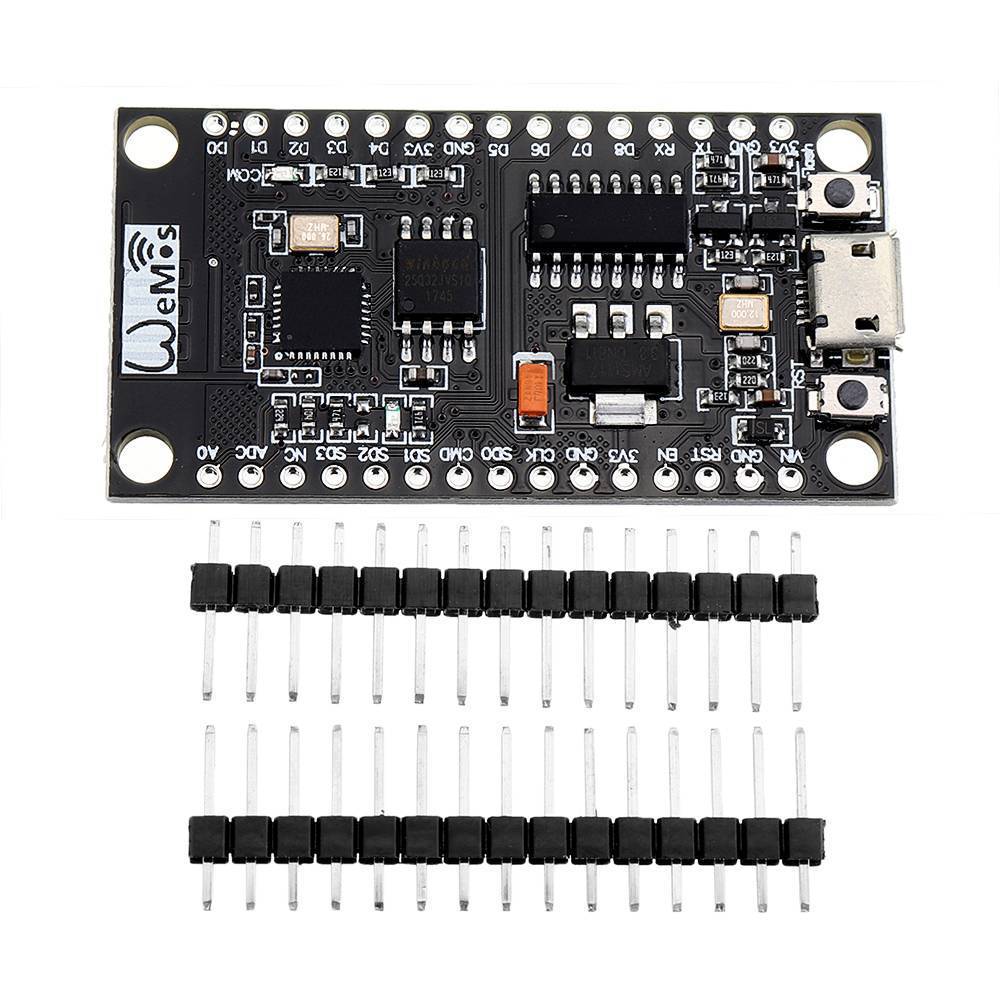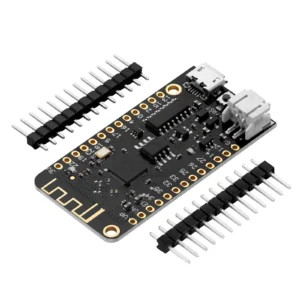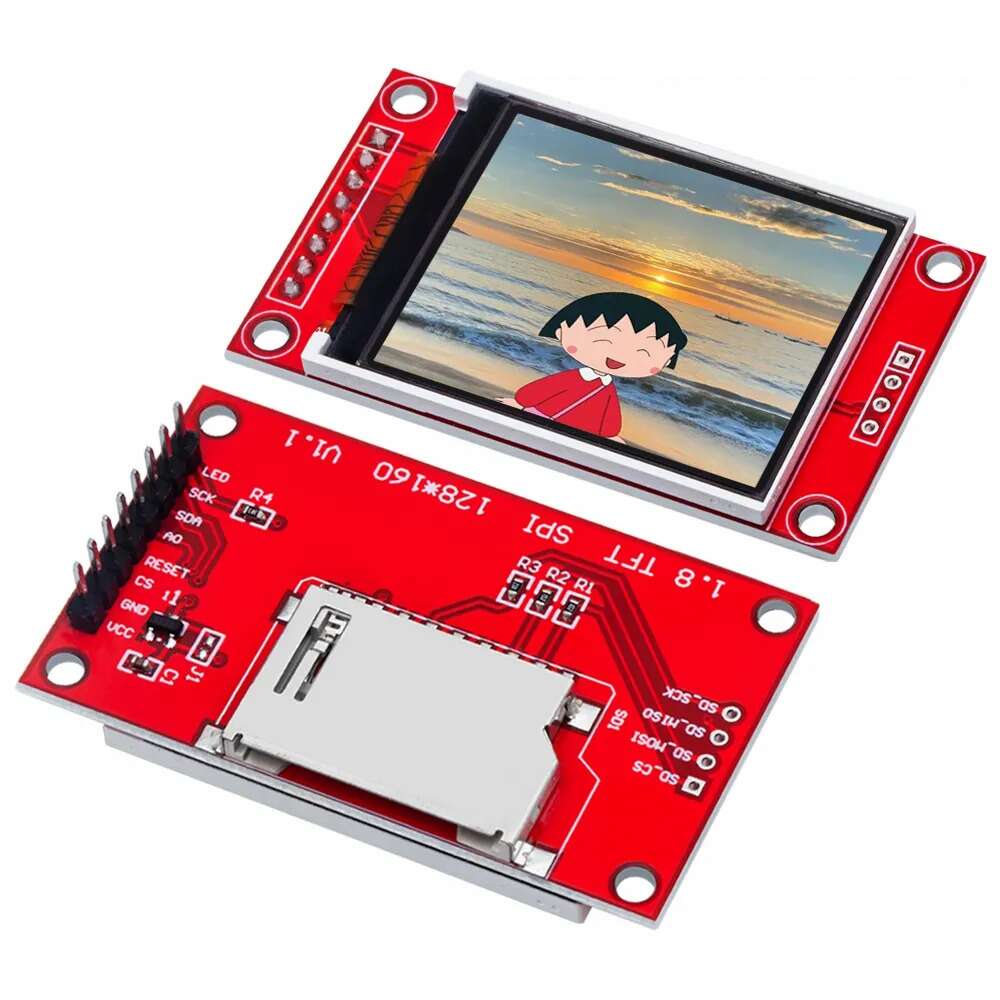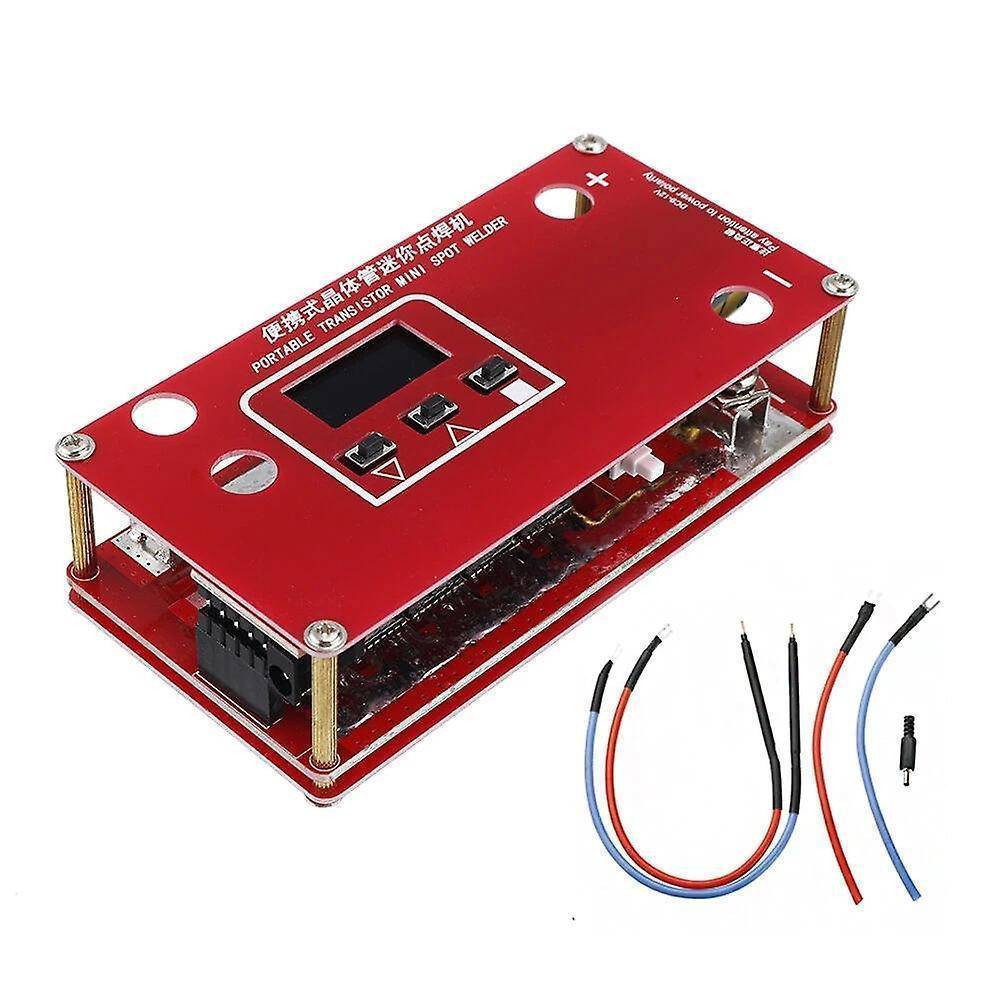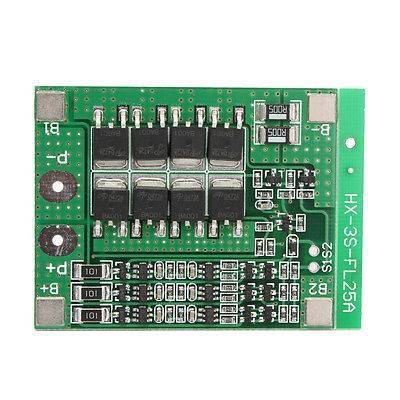30Amp 7V-35V SmartDrive DC Motor Driver (2 Channels)
3,950.00 EGP
Available on backorder
Description
We know DC brushed motor is widely used for many different applications; from conveyor, AGV (Automated Guide Vehicle), mobile robot and combat robot. One of the reasons is the ease to use it, just connect the two terminals of motor to power respectively, it will start rotating, so simple. Yet, to control the speed and direction from a controller, a motor driver is needed.
This is SmartDriveDuo-30, with the ease of accepting the RC (Radio Control) signal to drive two DC brushed motors in independent or mix mode, it is perfect for combat robots. Not to forget it supports up to 80Amps of peak current (1 second) and 30Amps continuous current at each channel, best for medium power motor.

And with that, it is smart enough to accept the control signal from:
- RC (Radio Control)
- PWM of microcontroller
- Analog voltage of Potentiometer/Variable Resistor/Joystick
- UART data of microcontroller
The operation mode is determined by the configuration on DIP switch, please do refer the User’s Manual for detailed settings. Not to forget, to make it RC receiver friendly, we have added 2x3header pin, with just 2 x RC extension cable(which is included), the wiring is done, it takes only 2 minutes! And by default, MDDS30 is configured in RC controller, Mixed control mode, even easier!
With MDDS30’s wide operating voltage range, you can now series up two SLA battery to power your motor as it supports up to 35VDC input. And you only require one power input to operate the motor and driver. Don’t worry, 3-cell and 6-cell Li-po battery are within the operating voltage 🙂 Hey! It also comes with battery low voltage warning, what else do you need?
Which motor is good to be driven by MDDS30? As long as the motor:
- Is DC Brush motor (Two Terminals)
- Operating voltage from 7V to 35VDC
- Rated Current ≤ 30A
- Peak Current ≤ 80A
Example of suitable DC brush motor with MDDS30 (Not limited to):
- SPG50 series
- SPG30 and SPG30E series
- IG45 series
- IG42 series
- IG32 series
- DKM 40W series
- DKM 120W series
- 350W Electric Scooter Motor
- 450W Electric Scooter Motor with Gear
- Automotive (Power window) Motor
Note:
- Since Rev 1.2, the 2×3 header pins for RC input has been changed from horizontal to vertical. This is an effort to strengthen the header pins from being peeled off.
- Latest revision is Rev 1.3 and it fixed a potential problem in RC mode. In some cases, motors might jerk when operating in RC mode. If you do encounter this problem, please contact us at support@cytron.io.
Features:
- Bi-directional control for dual brushed DC motor.
- Support motor voltage from 7V to 35VDC.
- Maximum current up to 80A peak (1 second), 30A continuous, each channel.
- On board MOSFETs are switched at 18 kHz for quiet operation.
- Regenerative Braking.
- On board Error LEDs to indicate: (each channel)
- Input Error (Blinks 2 times)
- Under Voltage Warning (Blinks 3 times)
- Over Voltage Protection (Blinks 4 times)
- Over Temperature Protection (Blinks 5 times)
- Thermal protection.
- Current limit protection.
- Multiple input modes:
- RC (Radio Control)
- Analog voltage from potentiometer/variable resistor/joystick
- PWM and DIR (sign-magnitude and locked-antiphase) from microcontroller
- Serial Simplified or Serial Packetized from microcontroller
- GROVE compatible connectors for control input.
- RC (Radio Control) friendly connectors.
- On board push buttons for fast test and manual operation.
- On board LED indicators for Error, RUN, Over-current, motor output, for each channel.
- NO POLARITY PROTECTION FOR V MOTOR.
- Dimension: 81.28mm(W) x 101.60mm (L) x 42mm (H)

Documents:
- User’s Manual
- Arduino Library and Example (Github)
- 3D CAD files (zipped)
Tutorials:
Packing List:
- 1 x MDDS30
- 2 x Grove 4-pin Buckled, 20cm Cable
- 2 x 2561 3-way connector extension wire
Controlling SmartDriveDuo-30 MDDS30 using Analog Joystick with Analog Mixed Mode
Controlling SmartDriveDuo-30 MDDS30 using Arduino with PWM Independent Mode
Controlling SmartDriveDuo-30 MDDS30 using Pixhawk Controller. For detail, please refer to the forum thread here. Credit to Nikos Giannakopoulos.

